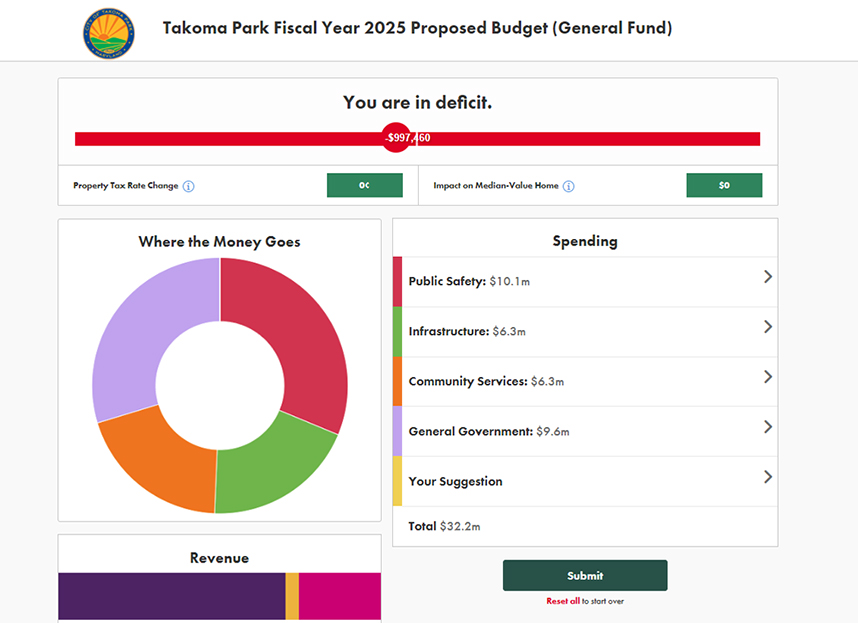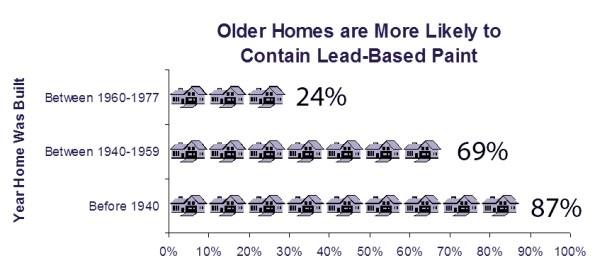Who can get lead poisoning?
Children from 6 months to 6 years old are the main victims of lead poisoning. But anyone who eats, drinks, or breathes something that has too much lead can get lead poisoning.
Lead tends to build up in the body over time. So someone who takes in only small amounts of lead can gradually develop lead poisoning.
A pregnant woman should also know that lead carried in her blood can pass to her unborn child.
How does lead affect health?
A child who consumes a dangerous amount of lead may seem to be well. However, lead can affect the brain, causing learning disabilities and behavior problems. Lead can also affect the blood, kidneys, and other parts of the body.
As lead poisoning becomes serious, some children have stomach aches, loss of appetite, or loss of interest in play. Some children may also become overly active or fussy and irritable.
A blood lead test can help find out if someone has taken in too much lead before there are any outward signs of illness. Ask your doctor or clinic about this test.
What causes lead poisoning?
Lead-based house paint was used in most homes before l950. Lead was still used in some house paints until 1978. Paint on your window frames and on porches is very likely to present a risk for children.
Small children put things in their mouths. They chew on window sills, they eat paint chips, and they suck on their hands. Lead from crumbling paint gets into household dust, and anything that gets dusty (like toys, pets, and fingers) can then become a source of lead poisoning.
Older furniture (cribs, play pens, chairs, etc.) and painted toys may have lead paint.
Old or imported ceramic dishes may be decorated with lead glazes. Food that comes in contact with a lead glaze will pick up some of the lead.
Many children will eat almost anything. Dirt, including soil from flower pots, plaster, ashes, and charcoal all may have lead.
Caution: Only trained workers may remove or work with lead paint. Everyone else, including pets, must keep out of the work area until the job is complete and the area is carefully cleaned. Dust and fumes from lead paint removal can be dangerous.
Food and Lead Poisoning
A well balanced diet contributes to good health in many ways. Foods that are high in calcium, iron, and vitamin C can help protect your children from lead poisoning. Your children should eat less of the foods which are high in fat and oil, since these foods make it easier for the body to absorb lead.
Iron-rich foods
- Liver, kidneys, heart
- Lean meats, eggs
- Beans, peas, lentils
- Prunes, raisins, watermelon
- Spinach and greens
- Enriched cereals (hot or cold)
Calcium-rich foods
- Milk and cheese
- Cottage cheese and yogurt
- Ice milk
Vitamin C-rich foods
- Fruits and fruit juices
- Bell peppers and tomatoes
- Potatoes, sweet potatoes (cooked in skins)
- Broccoli
Foods that should be limited
- Butter, oil, lard, margarine
- Potato chips, corn chips, French fries
- Fried foods (Remove skin from chicken and fat from meats)
To protect against lead dust, be sure that your children wash their hands before eating. Food that falls on the floor should be thrown away.
Making Your Home Lead-Safe
Care of Walls, Windows, and Trim–Maryland regulations do not allow dry scraping, sanding, or burning of lead paint, because these methods create health hazards. Do replace old windows and wood trim that have deteriorated. Do use only safe methods for removing old paint. Carefully contain and dispose of the hazardous debris and dust from lead paint removal.
Dust Control-In older houses, lead from old paint can mix with household dust. Special cleaning will lower this hazard. Clean rugs each week with a vacuum. Damp mop floors with a high-phosphate cleaner, such as automatic dishwashing detergent. Mix one tablespoon of detergent with a gallon of hot water. Dust furniture and other surfaces with a damp cloth and high-phosphate cleaner.
Use of Toys, Furniture, and Containers-Older items, such as a crib or toy, which may have been painted with lead paint should be removed from your home. Metal containers, such as pewter or brass pitchers, may have lead and should not be used for food or beverages. Old or imported ceramic containers or dishes which have been coated with lead glazes should not be used.
Testing for Lead Poisoning
All children between 6 months and 6 years of age should be checked for lead. Many children have blood lead tests as part of their regular care by a doctor or clinic. These tests are very important for children who live, or who spend time, in older buildings which may have lead paint. Be sure to ask your doctor or clinic about testing for your child.
If a test for lead is high, more tests and a doctor’s exam will be necessary. Be sure to follow directions carefully. You can help limit the effects of lead poisoning by getting good medical care for your child and by keeping things which have lead away from your child.




